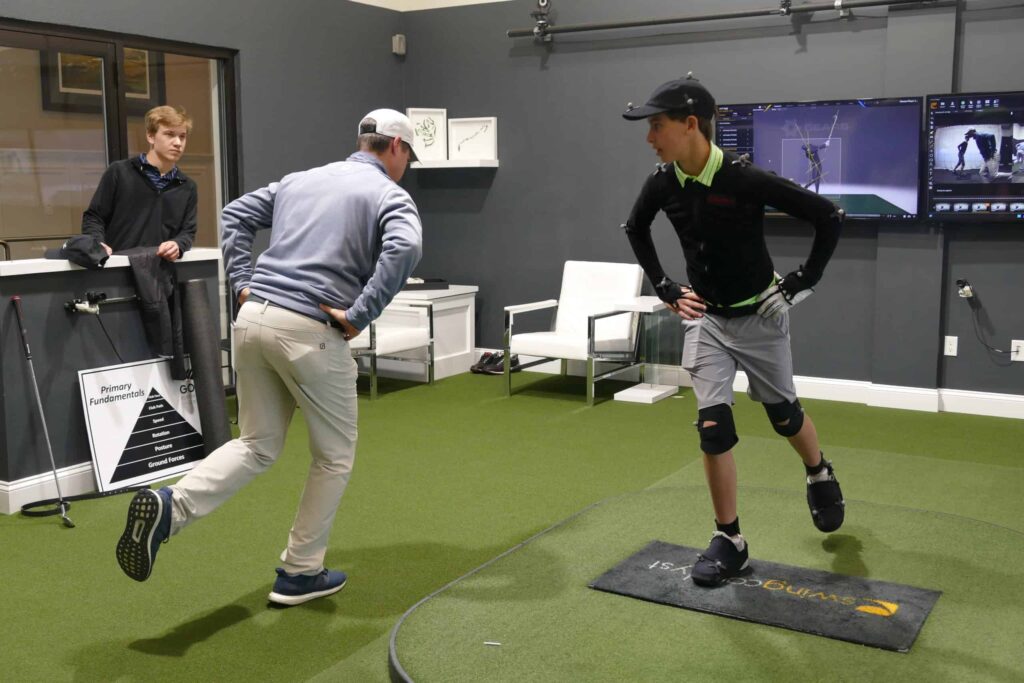Practice makes proficient, not perfect. I prefer to use the word “proficient” when using this saying because of its neutrality; the word “perfect” has a quality of positivity, goodness, and aspirational value. Proficient simply means to be “very good at doing something, especially through practice.” There is no qualitative judgment as to whether what you are learning is good or bad. It just means the more you practice something, the better you get at it. For example, in the same way you will get proficient at putting the more you practice putting, you will also get more proficient at sucking at golf the more you practice sucking at golf. This is a fundamental law of learning – the more you repeat a behavior, the more likely it is to occur.
Most golfers don’t progress in their development because they are practicing the wrong things. Practicing a skill that doesn’t correlate with the behavior you intend to perform doesn’t make much sense. Yet, the vast majority of golfers practice this way. Rarely do I see golfers on the range working on skills that are going to help them play better on the course. The average golfer hits balls on the range with the expectation that “range play” will transfer to effective “on course play.” Fundamentally, there is an inherent lack of awareness of the skills one needs to practice on the range that will directly transfer to on-course play. For most of us, practicing this way, without a clear purpose, often leads to confusion and frustration. We are often left scratching our heads wondering why we are not getting better.
The key to effective practice is deliberate practice. Deliberate practice involves focused, goal-oriented activities that are designed to improve specific aspects of performance. This means identifying the skills that are most critical to success on the course and creating practice routines that target those skills. For example, if your short game is weak, spending more time practicing chipping and putting will yield better results than endlessly hitting drives at the range.
Another crucial element of deliberate practice is feedback. Without feedback, it’s difficult to know if you are improving or if you need to adjust your approach. Feedback can come from a variety of sources, including a coach, video analysis, or simply paying close attention to the results of your practice sessions. By consistently incorporating feedback into your practice routine, you can make more informed decisions about what to work on and how to improve.
Lastly, maintaining a positive mindset and staying patient is essential. Progress in golf, as in any skill, can be slow and incremental. It’s important to stay focused on your goals and not get discouraged by setbacks or plateaus. Celebrate your improvements, no matter how small, and keep pushing forward.
While practice may not make perfect, it certainly makes proficient. By practicing the right things in the right way, you can steadily improve your golf game and enjoy the process of becoming a better player. Remember, the journey to proficiency is a marathon, not a sprint, and every bit of progress is a step in the right direction.


